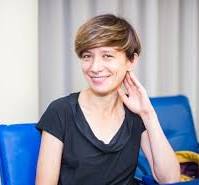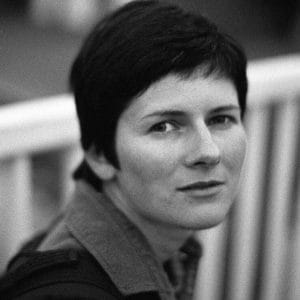The course aims to engage students in a dialogue with different disciplinary frameworks that explore the concepts of sexuality and decoloniality, and their intersection with other epistemic categories. These frameworks, which include anthropology, sociology, gender, queer, and trans* studies, are introduced with attention to and focus on the “decolonial option” as a method and source of knowledge. Taking Ukraine as a starting point of “knowing from” and unraveling perspectives from Central and Eastern Europe and beyond, the course will cover a range of topics, which include but are not limited to:
- understanding disability, gender, sexuality, and race as analytical categories;
- interconnections between modernity and the production of ‘indecent’;
- the relationship between coloniality and construction of sexual and gender regimes;
- the constructs of “human” and “non-human,” and their connection to reproduction and sexuality;
- racialization, ethnicization, and the ideas of “progress” and “transformation”;
- geopolitics of sexual citizenship;
- decolonial thinking, feeling, and acting as a political practice
Disciplinary frameworks of the course: sociology, anthropology, cultural studies, gender/queer studies.
Learning outcomes:
The course offers an intensive learning experience, placing questions relevant to Ukraine into a transnational and transdisciplinary perspective. At the end of the course, students will have expanded their knowledge of critical concepts of social theory, political theory, international relations, political philosophy, and cultural studies. The course also develops the participants’ critical thinking and skills in academic discussion in English.
Course directors: Nadiya Chushak, Olena S. Dmytryk
Course coordinator: Tamara Khurtsydze
Mentors: Anna Bochorishvili, Daria Hetmanova, Tamara Khurtsydze, Anastasiia Morozova, Svitlana Shymko, Iryna Tantsiura.


